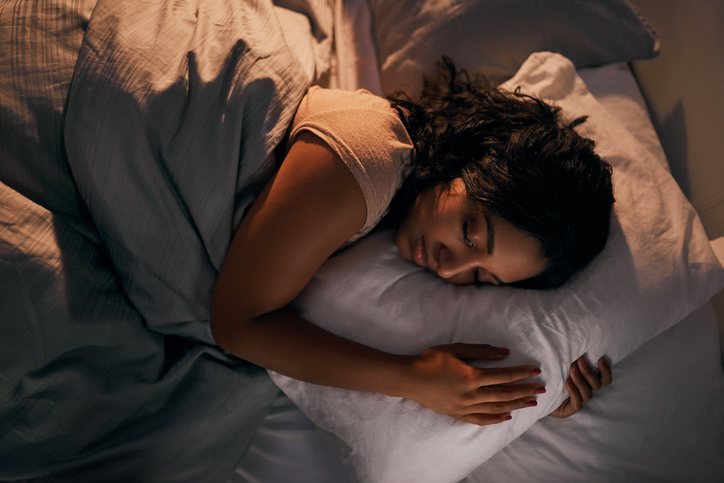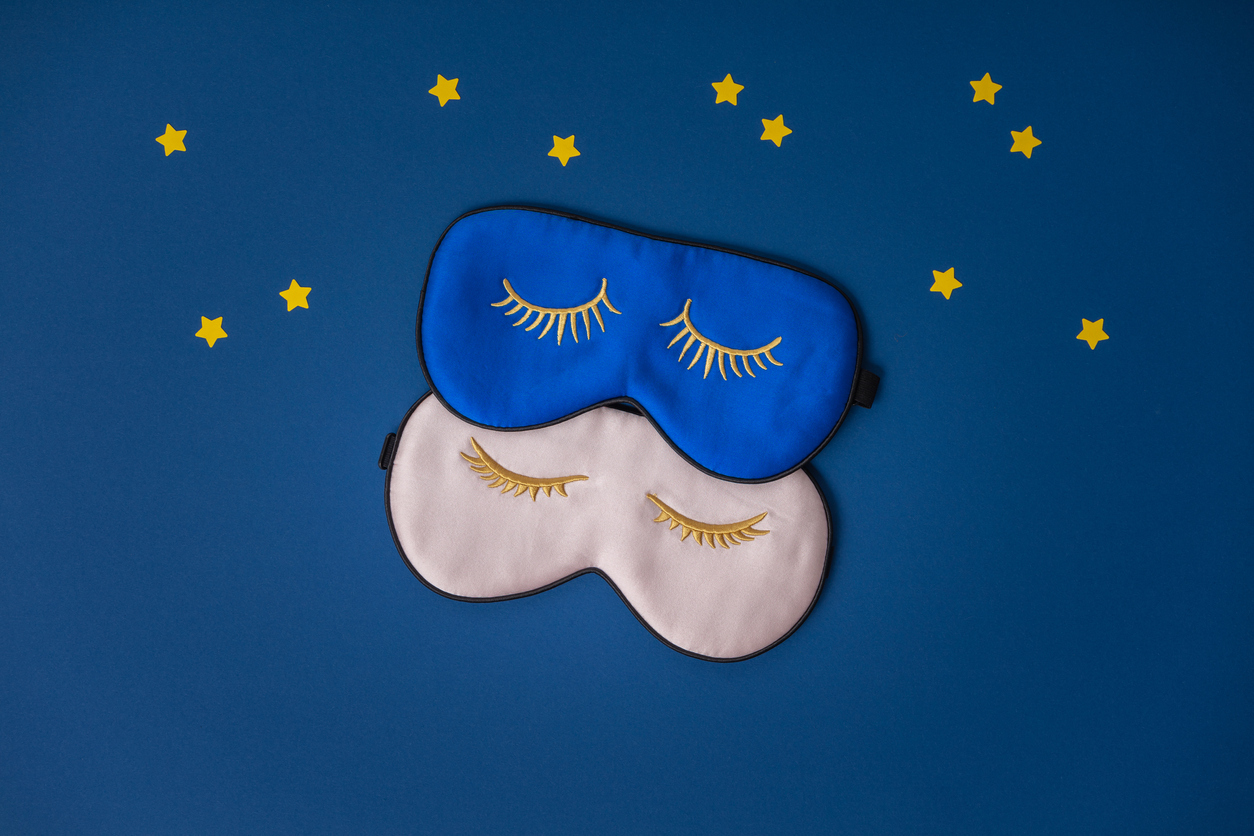Most of us sleep at night and are awake during the day. This is part of a 24-hour pattern that’s known as your circadian rhythm. Melatonin is a hormone that helps with this pattern – it’s made by your brain when it’s dark, to tell your body that it’s nighttime. For this reason, it’s often known as the ‘sleep hormone’.
Sleep is important for looking after your body and mind, and most adults need 7 to 9 hours’ sleep a night. But some people have trouble sleeping. This is called insomnia, and it’s really common – it’s thought to affect about a third of people in the UK, for example. It can also get worse as you get older, because your melatonin levels start to drop.
Not getting enough sleep can have knock-on effects the next day, and you may find it hard to concentrate. Plus, if insomnia continues for a long time, it can impact your life and health.
Read on to learn if you can take melatonin supplements for insomnia, if there are any side effects, how much melatonin you should take, and what else you can do to get a good night’s sleep.
Can I take melatonin to help me sleep?
Taking human-made melatonin can help with short-term sleep problems – it can make you fall asleep more quickly, and less likely to wake up in the night.
In some countries, including the USA, you can buy melatonin without a prescription, as a dietary supplement. It is available on prescription only in other countries, including the UK. But wherever you live, if you decide to try taking melatonin to help you sleep, it’s a good idea to talk to your doctor first.

How do melatonin supplements work?
Melatonin supplements may come as tablets or a liquid. They slowly release melatonin into your body, and can take 1 or 2 hours to start working.
They’re usually used for short-term help with sleeping problems, for around 1 to 4 weeks, but can sometimes be prescribed for up to 13 weeks.
Melatonin supplements generally are used for:
You may have heard that melatonin can help with other medical conditions, such as cancer, but as yet there’s no strong evidence to prove this. You should talk to your doctor before taking melatonin with any cancer treatments.

Are there any side effects from melatonin supplements?
Many people won’t get any side effects from melatonin supplements. But more than 1 in 100 people will have one of these:
- feeling sleepy or tired in the day
- headache or tummy ache
- dry mouth
- feeling sick
- dry or itchy skin
- feeling irritable or restless
- pain in arms or legs
- strange dreams or night sweats
Less than 1 in 1,000 people will get serious side effects from melatonin supplements. You should speak to a doctor as soon as possible if you experience any of these:
- feeling down or sad (depression)
- blurred vision or watery eyes
- feeling faint or passing out
- feeling confused or dizzy, so things seem to be spinning (vertigo)
- bleeding that won’t stop
- bruises on your skin
- blood in your pee
- red, flaky patches of skin (psoriasis)
Very rarely, melatonin can cause a serious allergic reaction called anaphylaxis, or chest pain and suddenly noticeable heart beats (heart palpitations). In these cases, you should call for emergency medical help.
Does it matter if I’m taking any other medications?
Melatonin may affect the way some medicines work, and you may also get more side effects if you’re taking other medication. Before taking melatonin (or any other dietary or health supplement), you should talk to your doctor to make sure it's safe for you.
What dose of melatonin should I take?
You should get advice from a doctor about how much melatonin to take, and it’s best to start with a low dose. Your doctor may sometimes prescribe a higher dose, but here are the recommended doses for adults:
- for jet lag – 3mg, once a day, for up to 5 days. To be taken at bedtime, after arrival at destination
- for insomnia in people aged 55 or older – 2mg, once a day, for up to 13 weeks. To be taken 1 or 2 hours before bed
As with any supplement or medicine, it’s important to follow the instructions. Also bear in mind that the regulations for products sold as supplements can be less strict than those for medicines. If in doubt, check with your doctor.
Do any foods contain melatonin?
Some foods are natural sources of melatonin, including milk, oats and almonds. So if you’re looking for alternatives to supplements, you could try foods that can help you sleep. A glass of warm milk before bed can be a soothing option.
What else can I do to help me sleep?
There are other things you can do to help yourself sleep better. We know that light can stop your body making melatonin, for example, so sleeping in a dark room is a good place to start. There are ways you can improve your bedtime routine, too. And it might help to take a look at whether your diet could be affecting your sleep.

Key points
- melatonin is a hormone made by your body, which helps you sleep
- if you’re having problems sleeping, melatonin supplements may help in the short term
- talk to your doctor before taking melatonin supplements (sometimes they’re available on prescription only)
- melatonin supplements can sometimes cause side effects
- there are other things you can do to help you get a better night’s sleep






